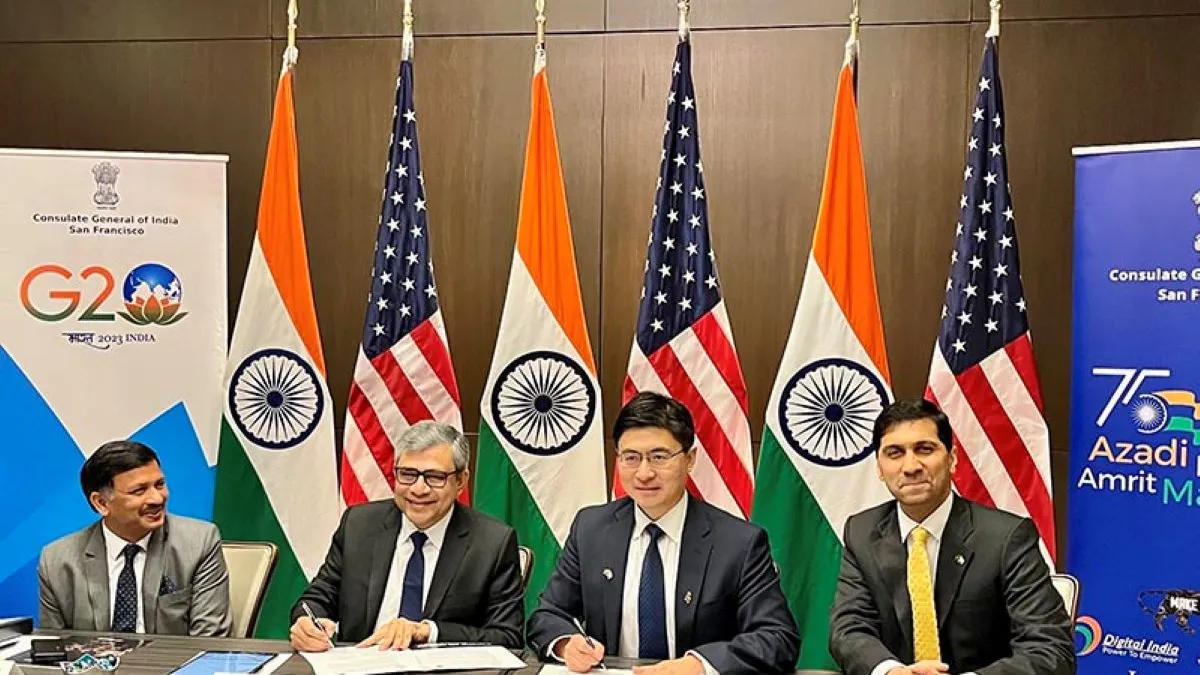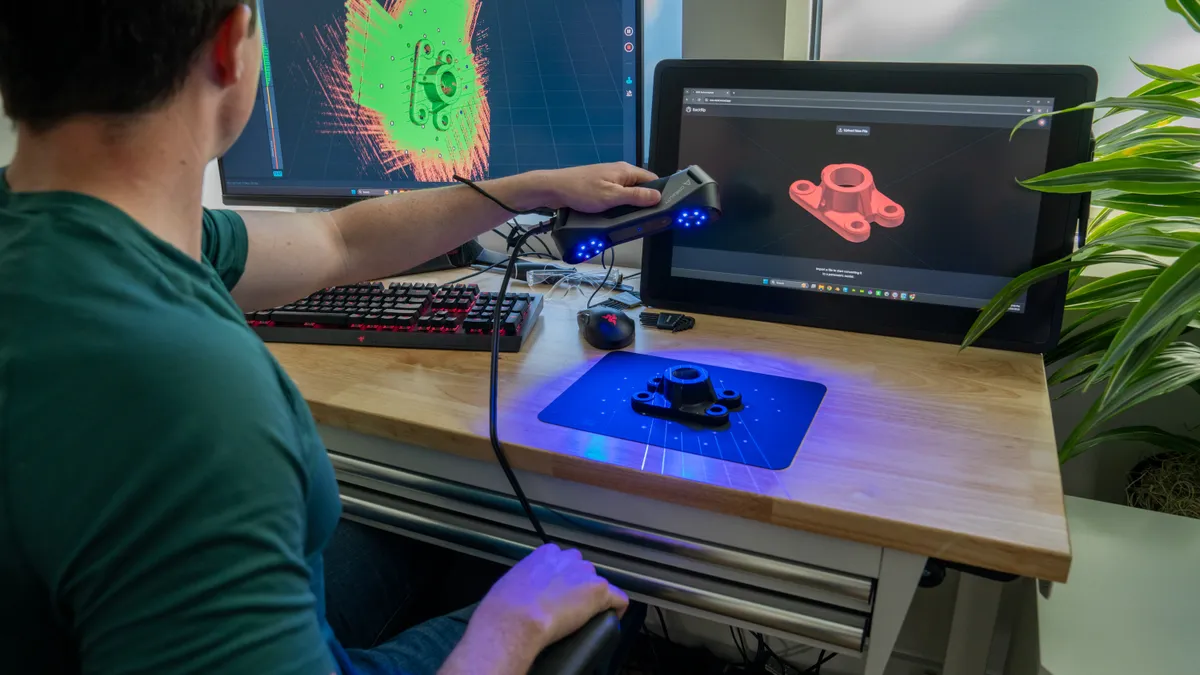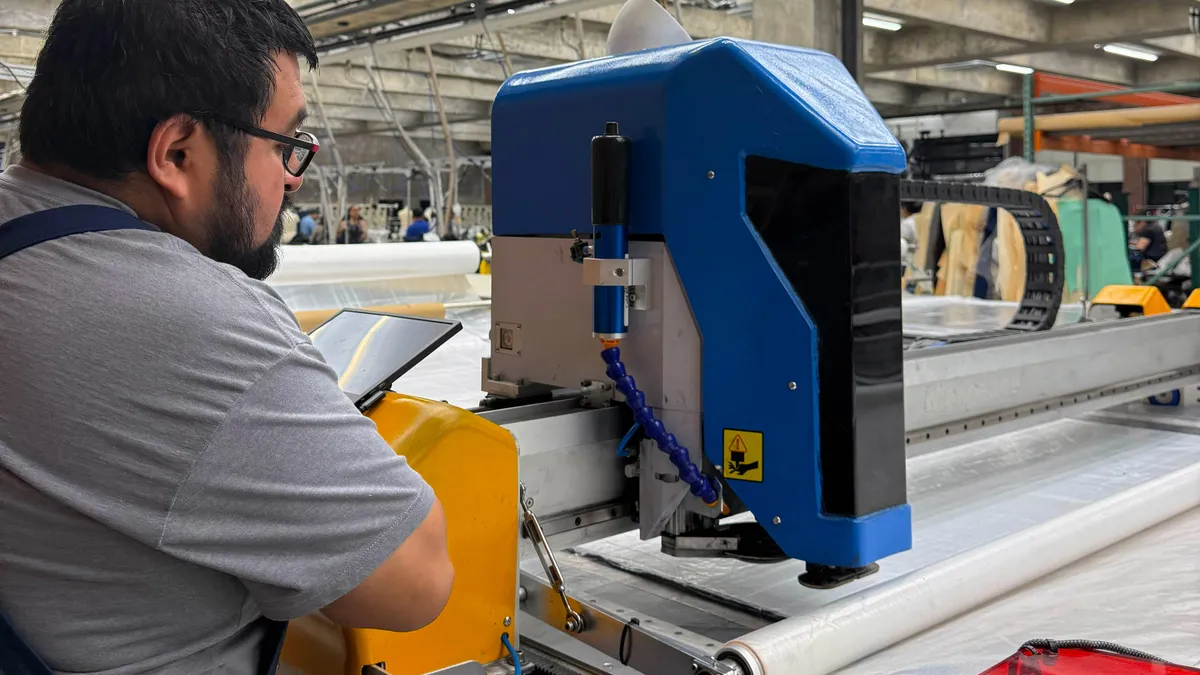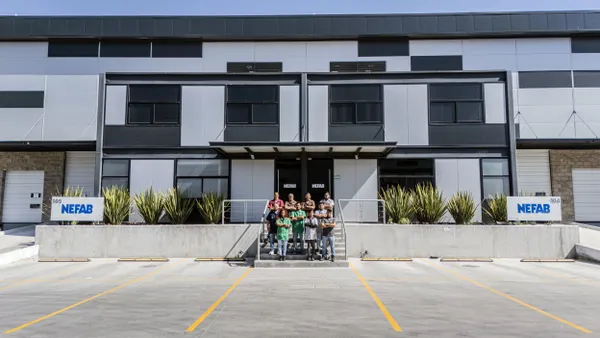Dive Brief:
- Purdue University signed an alliance agreement with the government of India and its India Semiconductor Mission (ISM) agency on May 9 to advance semiconductor and microelectronic workforce development, R&D and collaboration.
- Under the five-year agreement, Purdue will create academic programs for specialized training in chip design and fabrication, advanced packaging, semiconductor materials and system design that can be made available to Indian students as ISM-endorsed training programs.
- The partnership also includes establishing dual-degree programs with India-based schools in semiconductors and microelectronics and pushes India and Purdue to launch joint R&D programs focused on the design and manufacturing of semiconductor chips.
Dive Insight:
The new agreement aligns with two U.S.-India initiatives established by the Biden administration earlier this year, the Semiconductor Supply Chain and Innovation Partnership and the U.S.-India initiative on Critical and Emerging Technology (iCET).
“This collaboration between Purdue and the India Semiconductor Mission will create tremendous synergy and impact,” Ashwini Vaishnaw, India’s union minister for railways, communications, electronics and information technology, said in a statement. “India’s vast talent pool will be able to use Purdue’s deep educational expertise and leading research capabilities in semiconductors.”
In January, the Biden administration assigned the Association of American Universities, a research organization comprising 65 universities including Purdue, to lead a joint task force with Indian educational institutions to recommend research and university partnerships between the two countries as part of the iCET partnership.
“This partnership brings together the vast capabilities of Indian scientists and Purdue’s rich scientific legacy and resources to address the 21st-century challenge of producing both the research and the talent the world needs to continue advancing semiconductor and microelectronic innovation,” Association of American Universities President Barbara Snyder said in a statement.
This isn’t Purdue’s first international agreement. In early May, Purdue and the state of Indiana signed a memorandum of understanding with Belgium-based research firm Imec to collaborate on advancing semiconductor research and development in the state.
Furthermore, the school has been making other moves to respond to rising semiconductor demand. Last May, Purdue launched a semiconductor degree program to help grow the state’s talent pipeline. Degree offerings include Master of Science, stackable postgraduate certificates, Bachelor of Science and associate degrees.












